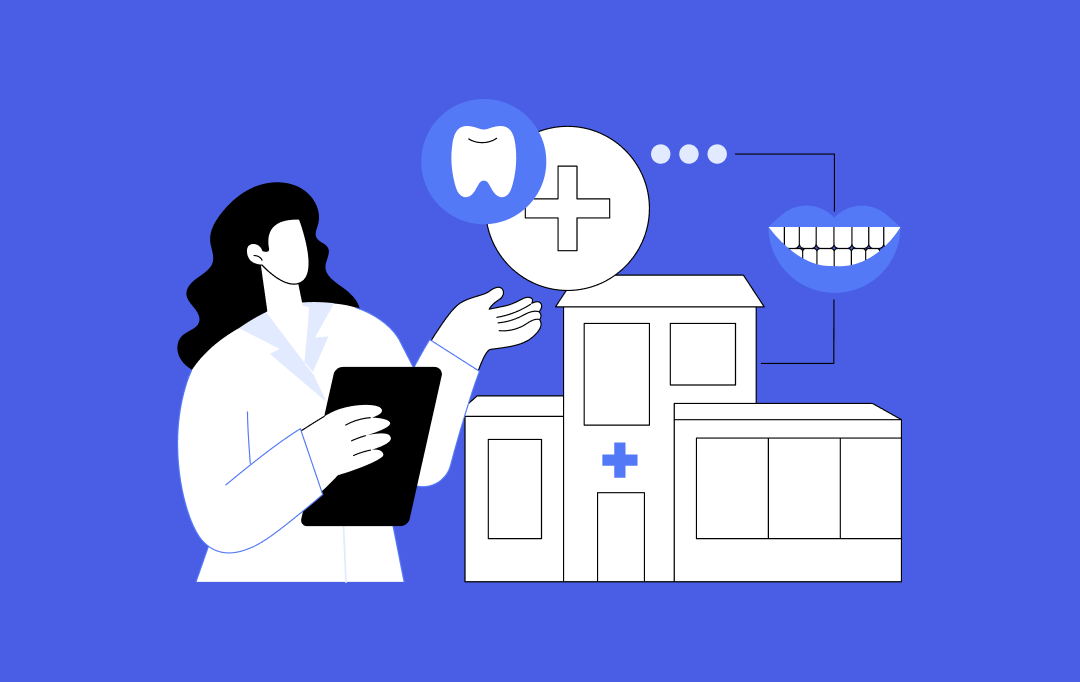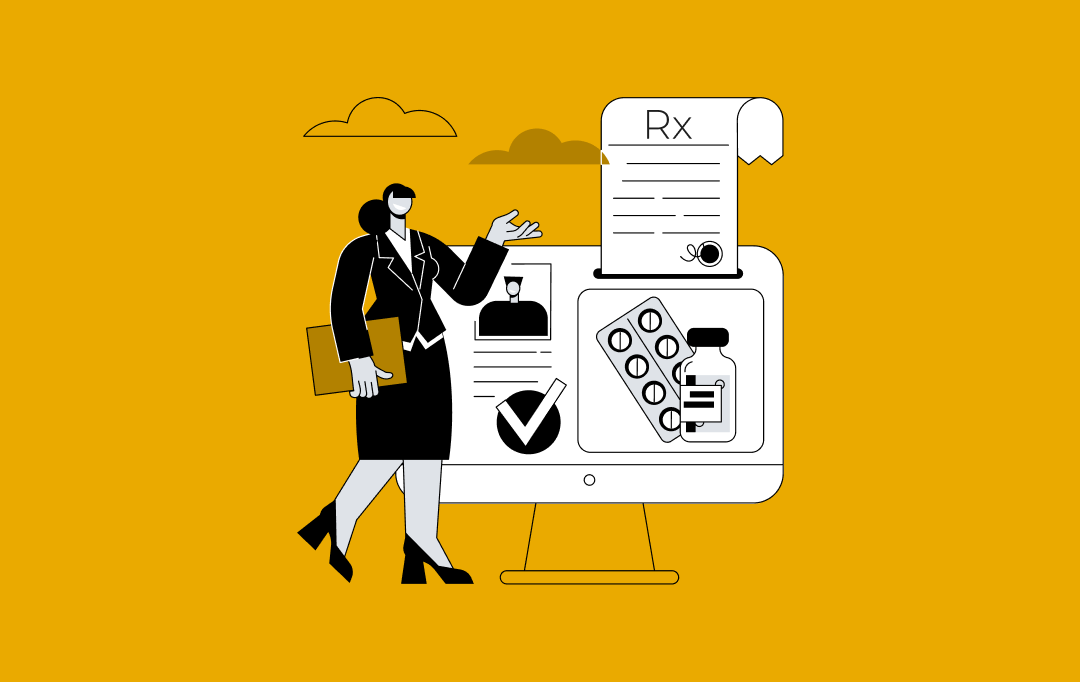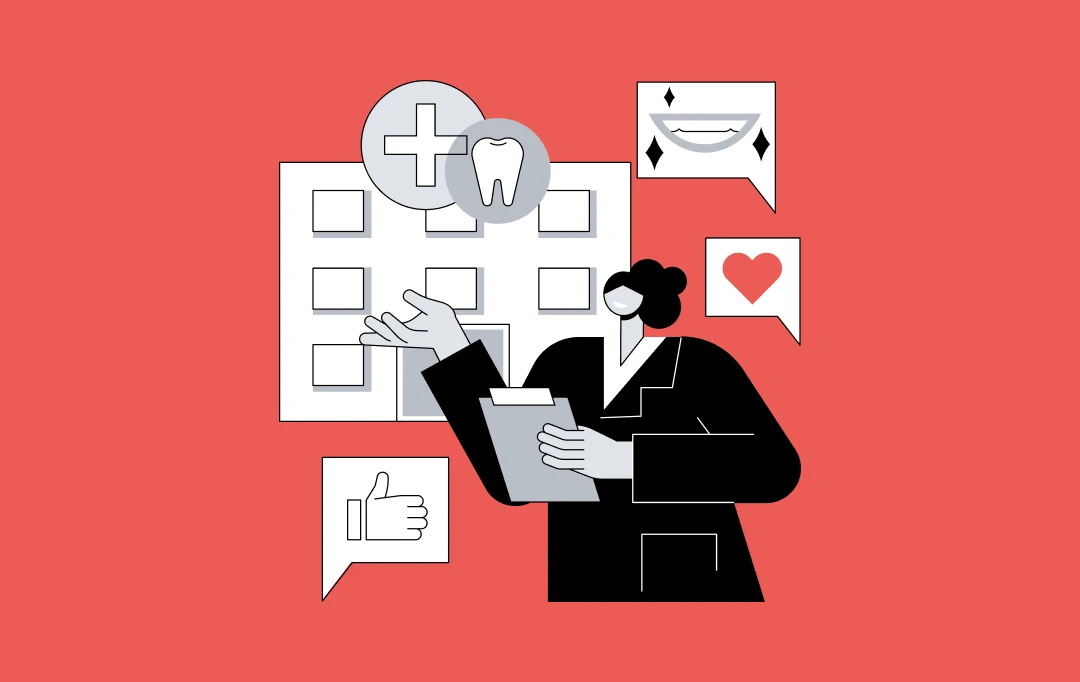From RFID patient tracking and locating equipment in real time to facilitating medical care, RFID-based technology has revolutionized the healthcare industry in more ways than we could ever imagine.
And this merely scratches the surface!
The next time you walk past an elderly person at the hospital, don’t be surprised to see an RFID tag wrapped around their ankle or wrist. Also, most newborns experience their first interaction with technology through an RFID tag. And the reason behind it is as exciting as it can get.
There are many trends ruling the healthcare market like telemedicine shaping the future of healthcare, AI in healthcare, and whatnot. But the latest technology making the mark is RFID (Radio-frequency identification).
According to Grandview Research, the global RFID in healthcare market size was valued at USD 2.58 billion in 2018 and is anticipated to expand at a CAGR of 22.4% by 2025.
Another research study by Precedence Research highlights that the global RFID in healthcare market size will reach around US$ 12 billion by 2027 and the market will grow at a CAGR of 21% during forecast period 2020 to 2027.
Reading the above data we now know how RFID use is increasing day by day paving the way for healthcare software development services and healthcare app development company.
How does RFID work?
Leading healthcare providers have been using RFID-based wireless communication systems for the past couple of years to make sure their patients are always on their watch, especially newborns who may be abducted or exchanged while they are kept in the NICU.
This is achieved through a simple mechanism. A small, lightweight yet highly capable RFID tag is attached to the baby’s ankle.
Each RFID system carries a unique ID, and signals are transmitted over a secure network to the monitoring end for real-time location tracking. If the RFID moves beyond the defined perimeter or is being tampered with, an alarm will go off to alert the hospital staff or security personnel. RFID can literally save a life.
For example, mothers after immediately following childbirth, get a similar RFID tag which pairs with their newborns to avoid mix-ups.
On the other hand, another example is of elderly patients with cognitive issues. They are a huge concern for hospitals and aged care facilities, as they tend to wander off-site. Long-term patients with high elopement risk makes it more difficult for hospitals to confine them in the safe zone.
However, on one side with mobile apps transforming the healthcare market, RFID tags on the other hand are offering a huge respite for health workers who have a lot more to deal with than to babysit senior patients.
With the increase in RFID in healthcare, the demand for RFID systems has also grown in the market.

Let’s have a look at the various RFID applications in healthcare.
RFID Applications in Healthcare
RFID Asset Management
Besides tracking patients, RFID location tracking finds applications in medicare asset management. Considering the high cost of medical equipment, it is crucial to prevent theft and tampering. And this is where RFID offers the easiest and probably the most value-for-money solution for healthcare asset tracking by providing real-time location of the equipment.
In this era of digitization, hospitals can also benefit from RFID technology by being able to locate a specific piece of equipment right away rather than having to search for it in different rooms across departments.
By tagging their medical equipment and single-use items such as latex gloves, syringes, etc., which may be placed in a warehouse at a distant location, hospitals can manage their inventory with ease. Needless to say, RFID medical devices make challenging healthcare jobs a bit easier.
Besides asset management, hospitals and pharmacies use RFID for authentication as well. Due to the high cost and limited availability of certain life-saving medications, counterfeiting has become a common practice. However, using an encrypted RFID tag on or within the packaging can allow hospitals to ensure authenticity.
The benefits of RFID in healthcare don’t end here. Hospitals can also place RFID tags on surgery tools, linens and textiles to make sure they are washed and sterilized between patients.
A new market study published by Global Industry Analysts Inc.(GIA) in its report RFID in Healthcare – Global Market Trajectory & Analytics, presents fresh perspectives on opportunities and challenges in a significantly transformed post COVID-19 marketplace (which you can see below).

Infant Safety
Although infant abductions are rare, it doesn’t mean it can’t happen. There have been several cases of infant abductions from hospitals, most of which aren’t even reported.
As a revolutionary step, TidalHealth hospital (earlier known as PRMC) deployed an advanced security system in 2018 using RFID, with a sole purpose to give new parents an assurance that their newborns are in safe hands.
The infant protection system that they chose would track infants around the birthing unit and throughout the hospital through the hospital’s secure Wi-Fi network. And the concerned security personnel can track each baby’s location on a computer screen. This infant protection system based on RFID tracking system found success with TidalHealth, thanks to its easy integration and sign-on capabilities.
Improving Efficiency in Patient Care
RFID seems to have solved the biggest challenge faced by large-capacity hospitals with limited staff.
Adventis Health in Los Angeles deployed cloud-based software and RFID technology in hospitals to improve turnaround time by approximately 25 minutes, which is huge in critical situations where every minute can mean the difference between life and death.
Just like the uses of AI in healthcare, RFID not only boosts efficiency around operating rooms but also makes blood sampling and medication administration quicker, allowing health workers to attend to more patients within the stipulated time.
RFID streamlines the process right from the patient registration through pre-op assessment and surgery to post-op recovery. Each patient that walks in through the door receives an RFID-based wristband that syncs with the workflow software through Wi-Fi.
The strategically placed sensors across the waiting area then tracks the patient’s location in real-time. If a patient waits longer than they should, the system informs the staff about it so that they can arrange alternatives to avoid extended waiting times.
These RFID-enabled systems can also be configured to send direct alerts to smartphones to provide patient workflow information, following which, the concerned person makes suitable arrangements beforehand to avoid a lapse.
For example, the system alerts the staff regarding the recovery room that is about to fill up or an operating room that requires cleaning and sanitation.

Temperature and Humidity Monitoring with RFID
Food, vaccine and medication storage needs to be at a certain temperature to preserve the integrity or efficacy of the product. Therefore, it becomes crucial to monitor temperature and humidity inside storage units at all times.
Using a combination of RFID and Wi-Fi, Covenant Health deployed an advanced system across their seven hospitals to monitor humidity and temperature in refrigerators, storage units and even operating rooms.
It eliminates the need to monitor temperatures manually, which may not be the best utilisation of their time. By automating temperature tracking, it’s easier to meet compliance and protect perishable assets.
The RFID-enabled tag transmits the temperature readings to the cloud-based software in real time. If the temperatures go above or below the recommended range, the hospital staff will be notified via text or email alerts.
Apart from these applications, RFIDs can also be deployed to measure the performance of doctors and nurses. For instance, how long does a doctor take to perform a surgery or how many patients have been administered medication by the nurse or to measure their overall responsiveness to emergency events.
Closing Words
RFIDs can be used in various combinations with existing systems to improve the way healthcare facilities improve, saving the time and effort of health workers while ensuring proper care for the patient.
The possibilities are endless, and at any rate, we are hoping to witness more technological wonders in the field of healthcare software development services.
With increased patient safety, healthcare compliances, decreased turnaround time, and efficient administration, are only some of the benefits that are listed here. The scope for improvement and new inventions are vast, which the RFID healthcare solutions are coming up with.
So, if you have any doubts or questions, or want to add something here, plz contact us.
You can also contact our healthcare app development agency in USA in case you are wanting to know more about healthcare related services and apps.



How Much Does it Cost to Build a Custom Dental Practice Management Software?
In recent years, dental practices have shifted away from manual, paper-based systems and embraced advanced software solutions. This change boosts efficiency, enhances patient experiences, and improves data management. While dealing with patient data, dentistry has ditched old-school methods like physical charts, appointment books, and manual billing. They’ve leveled up with a high-tech data handling &…

EMR Integration in Healthcare Systems - Benefits, Features, Process, Costs
EMR integration, having proved its worth in the healthcare space with improved workflows, better patient engagements, and lowered operational costs has built itself a projected market share of USD 20.7 billion. Eventhough a range of hospitals swear upon the benefits EMR system integration has garnered them, the adoption level digital healthcare industry anticipated has still…











